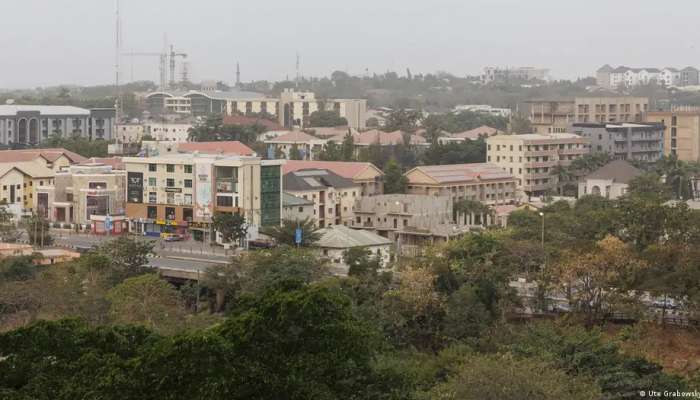When the Hungarian government coerced the Central European University, a leading college in Budapest, into shutting some of its operations in December, it did not do so by threat of physical force. Viktor Orban, the far-right prime minister of Hungary, never jailed a C.E.U. professor or ordered the university to close by government decree.
Instead, the Orban government quietly changed the rules by which all foreign universities like C.E.U. can operate, allowing Mr. Orban to frame its treatment as a merely technical decision, rather than an attack on academic freedom.
It is a recurrent paradox of Mr. Orban’s rule: Despite all the steps he has taken to erode the Hungarian democratic process, Mr. Orban has rarely allowed his government to get its way by blatant force.
And it is this paradox that explains why analysts struggle to judge whether Hungary is still a democracy, and why Mr. Orban’s friends and foes alike ascribe increasing importance to the inner workings of this small and previously marginal country.
Hungary’s path under Mr. Orban has made him an icon to far-right figures such as Stephen K. Bannon, President Trump’s former adviser, and provided a blueprint for the erosion of democratic institutions in countries like Poland.
“The closed regimes of the past were behind barbed-wire fences and police watchtowers, and the repression was overt and clear and unmistakable,” said Michael Ignatieff, president of the C.E.U. But in Mr. Orban’s Hungary, he said, “you can protest, you can leave, you can set up a business and you’re member of the European Union, which is supposedly a union of democracies.”
Unlike in Communist-era Hungary, there is a Constitutional Court, along with dozens of other nominally independent state watchdogs. There is a plethora of private media outlets, whose journalists do not face physical danger for their reporting. And there are free elections in which anyone can run, but which Mr. Orban has won handsomely since re-entering office in 2010.
Beneath this veneer lies a more complex reality.
Mr. Orban’s allies control the Constitutional Court, while loyalists control which prosecutions make it to court in the first place. They have rarely, if ever, pursued corruption allegations against Mr. Orban and his ministers — and even if they did, few would hear about it.
State media, meanwhile, is entirely loyal to Mr. Orban. After state television channels failed to broadcast more than a few fleeting clips of recent anti-Orban demonstrations, a group of opposition lawmakers visited their headquarters last week to request some airtime. They were refused, and later ejected by force.
And though Mr. Orban commands a formidable majority, it is partly the result of this echo chamber in the media, which has muted alternative voices, and the redrawing of electoral boundaries and the restructuring of the electoral system to favor his party.
Mr. Orban and his allies proudly acknowledge that their system of government has diverged from a model of liberal democracy. But they insist that it is still democratic — as long as one widens one’s definition of what democracy is. For Mr. Orban, democracy depends primarily on the occurrence of elections, rather than on the separation of powers or the vibrancy of public discourse.
Opposition to Mr. Orban’s style of governance “assumes that there is only a simple model of democracy,” said Gyorgy Schopflin, a member of the European Parliament from Mr. Orban’s party. “The people who insist that the only democracy is liberal democracy are endangering democracy.”
But for some critics of Mr. Orban, his regime can be understood not by redefining the meaning of democracy, but through updating our understanding of autocracy.
To Mr. Ignatieff, the Orban regime is a “new thing under the sun” that cannot be defined by the templates of 20th-century authoritarianism. Hungary in 2018 has the trappings and institutions of a 21st-century European democracy, but uses them to exert the same kind of centralized control as the autocracies of the Cold War.
“It’s a new form of single-party state, but it’s clearly reproducing some of the features of the single-party states of the past,” said Mr. Ignatieff. “Which is ironic, because the regime is violently anti-Communist in its rhetoric, but in its practice it reproduces features of the ancien régime.”
For other critics of Mr. Orban, there is no need to update one’s definition of autocracy to understand the nature of his regime.
His strategies do in fact fit the patterns of the past, said Jason Stanley, a Yale professor and the author of “How Fascism Works,” a book that explores how contemporary leaders, including Mr. Orban, use fascist ideologies and tactics to expand their power and appeal.
Mr. Orban has repeatedly called for Hungary to regain the status it held before losing much of its land and population following the First World War, and often expressed a preference for a racially homogeneous society.
“We do not want our own color, traditions and national culture to be mixed with those of others,” he said in a speech in February.
For Mr. Stanley, both these habits are the hallmarks of a fascist. “When you govern from a position where loyalty to your ethnic group and a mythic past trumps truth and respect for people who don’t agree with you — then that is using fascist ideology and fascist political tactics to gain and retain power,” he said.
The control that Mr. Orban exerts over Hungarians’ access to information means that his government is no longer a democracy, regardless of how many votes he receives, Mr. Stanley added.
“Democracy is not just a voting system. It is a culture that respects truth,” he said. If a government prevents the public from accessing true information, he said, through “a propaganda system that lies to everyone in the country, then everyone will vote for the supreme leader every time. And that’s not democracy.”
If Mr. Orban diverges from the fascist template, it is largely because “he does not have a Gestapo,” Mr. Stanley said. “His control over the state is less about violence.”
That made the treatment of the four opposition lawmakers at the state media broadcaster so remarkable: It was, unusually for Mr. Orban’s Hungary, a naked show of force.
It follows a series of similarly blatant power-grabs that suggest that Mr. Orban no longer feels obliged to moderate his actions.
After European leaders repeatedly proved unwilling to punish Mr. Orban for past misdemeanors, “Orban sees a window of opportunity,” said Daniel Hegedus, an expert on Hungarian politics at the German Marshall Fund of the United States, a research group.
“Now he can do practically anything without risk of sanctions on the European stage,” Mr. Hegedus added.
For years, Mr. Orban was satisfied with infringing judicial independence through a series of incremental measures. But in early December, he set up a parallel court system in one fell swoop.
Until recently, he tried to leave private news media with at least a veneer of autonomy, preferring to let loyalist businessmen take over troublesome outlets instead of placing them under a more blatant and centralized system of government control.
But in December, he waived a competition law to allow loyalist owners to “donate” hundreds of Hungarian newspapers, radio stations and television channels to a single, central fund run by three of his closest allies.
And after an opposition lawmaker was dragged, pushed and carried from the Hungarian state broadcaster by four armed guards in December, Akos Hadhazy, the lawmaker, described his expulsion as a watershed moment.
Until his assault, Mr. Orban’s government had been “a dictatorship of disinformation,” Mr. Hadhazy said. “But now we have crossed the line of physical violence.”

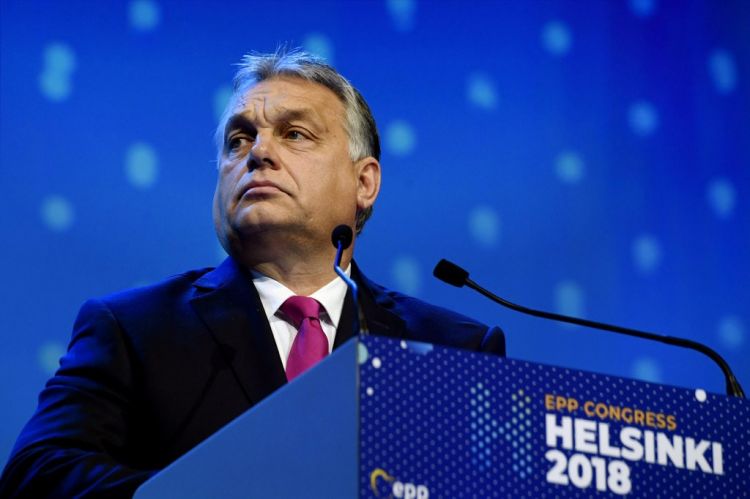

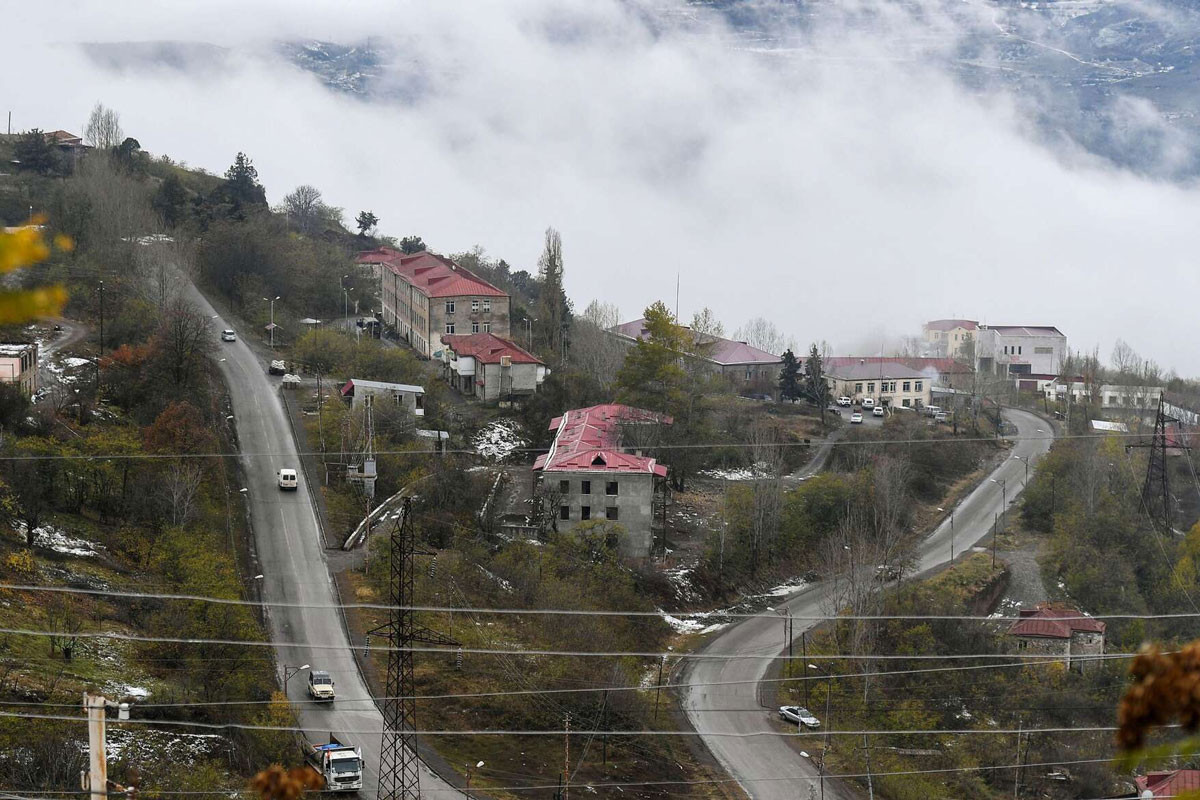

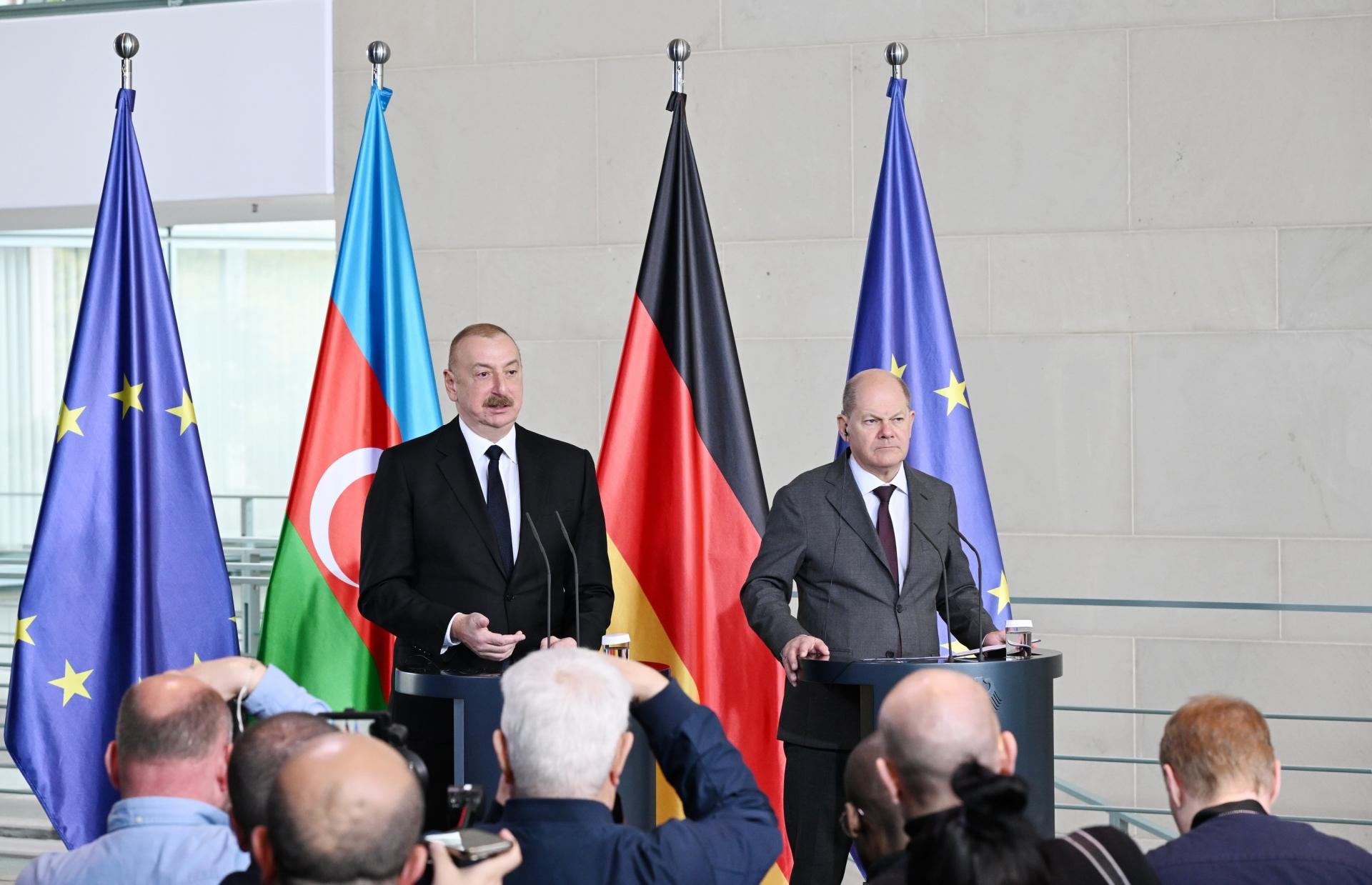
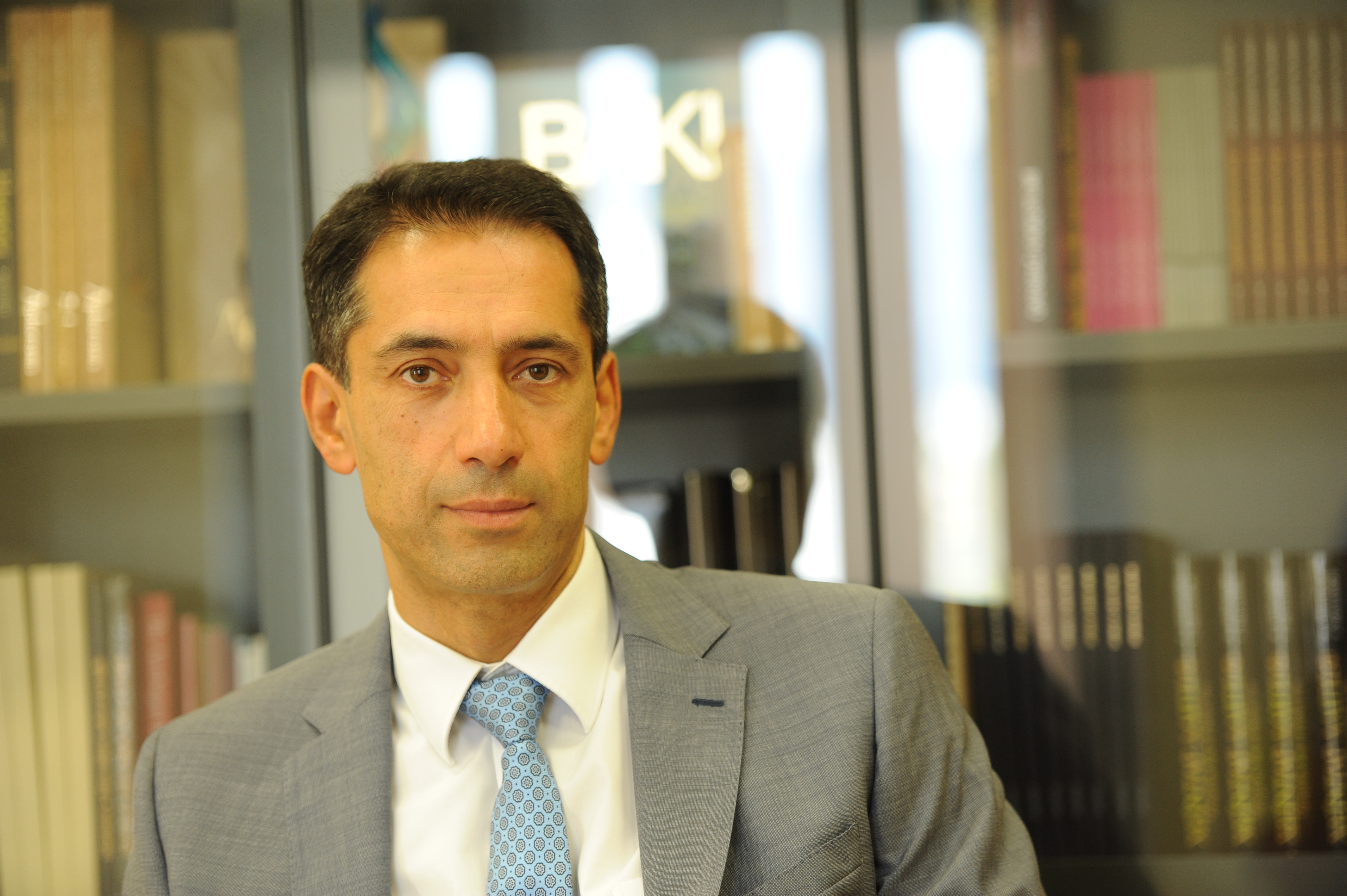
1_0.jpg)
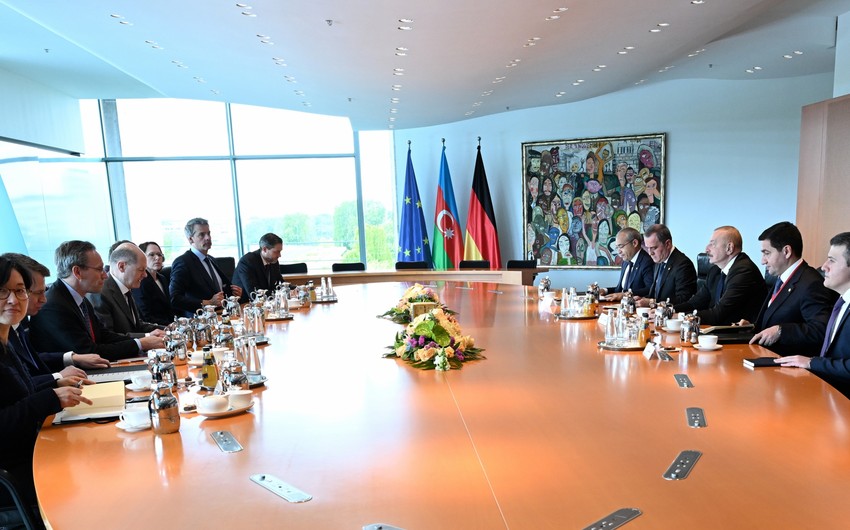
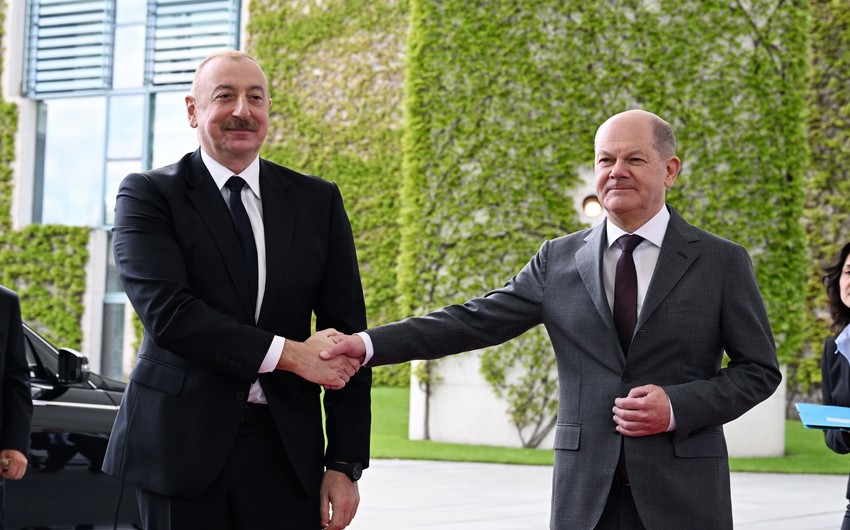
.jpg)
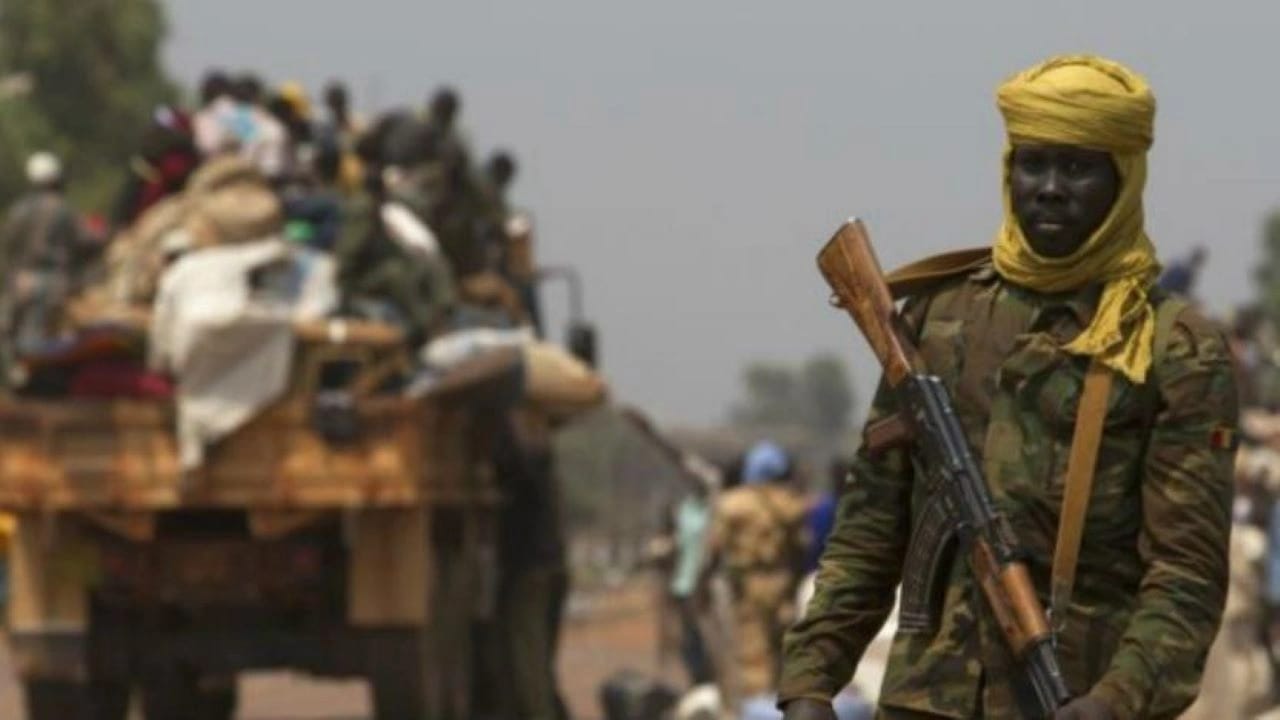
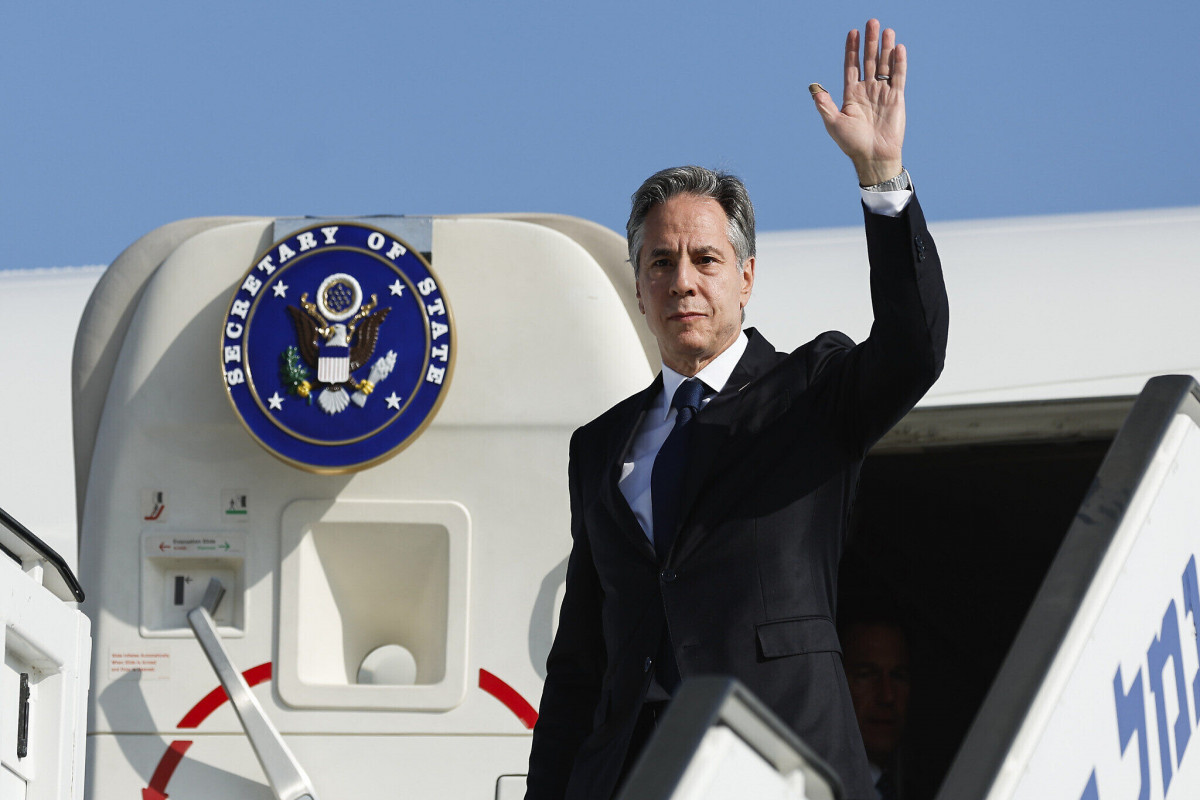
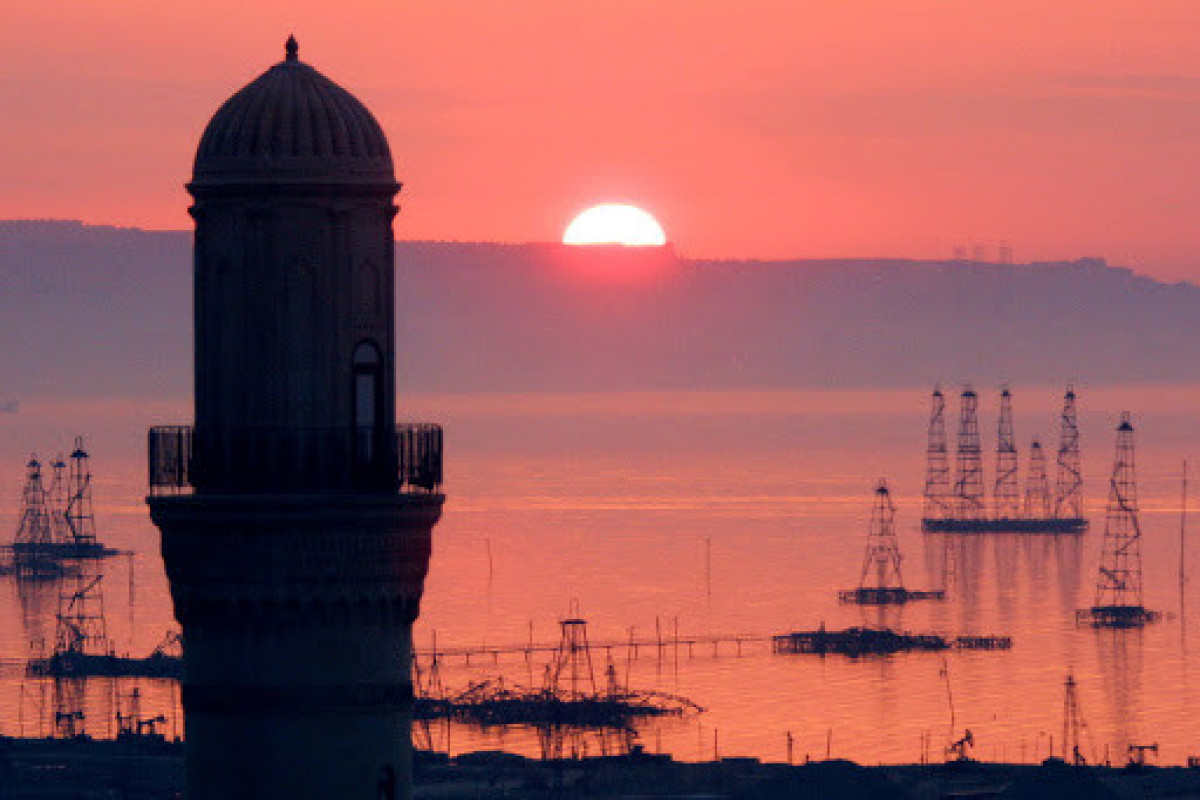
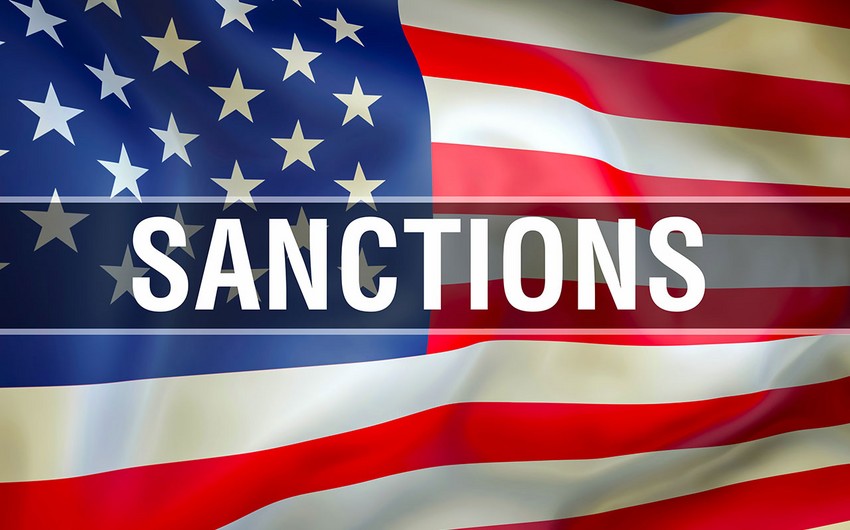
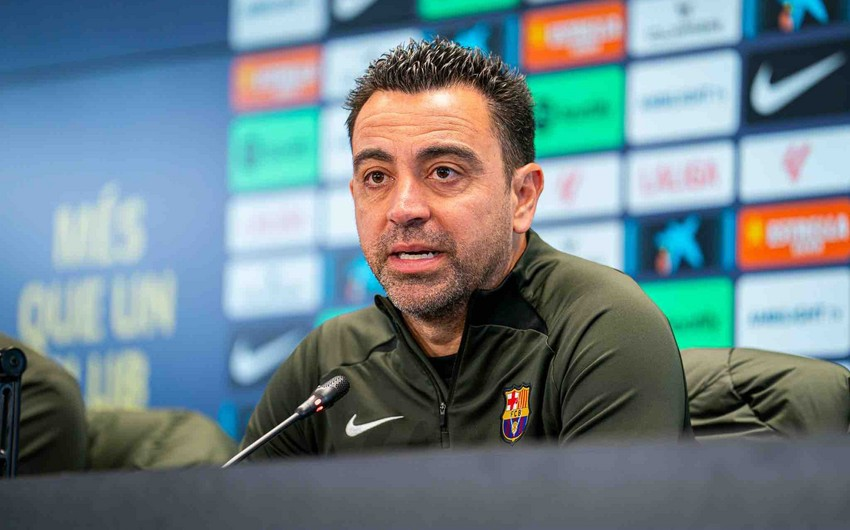
.jpeg)
